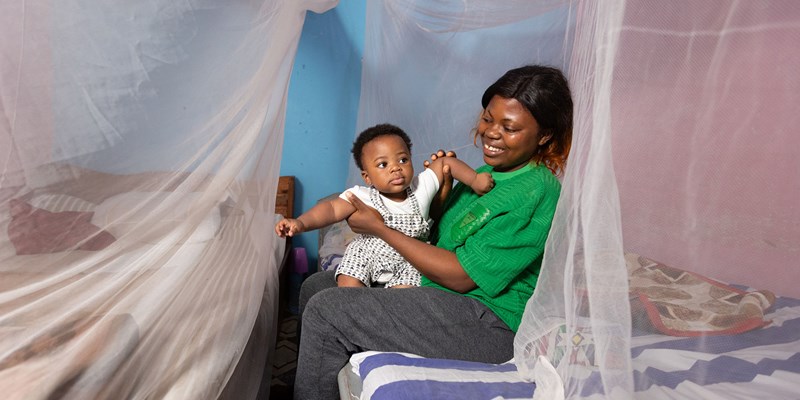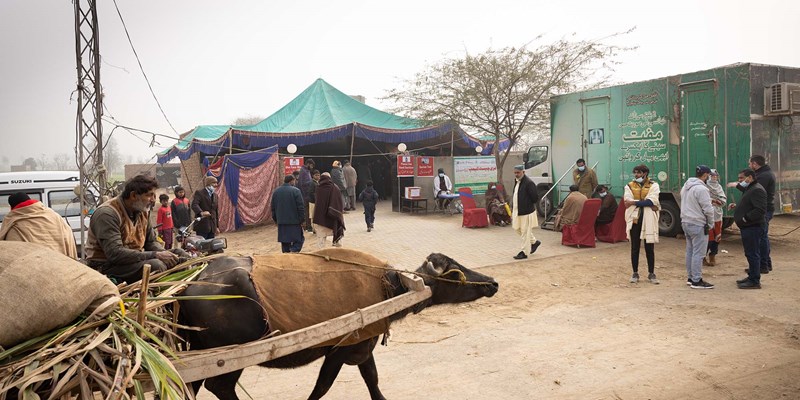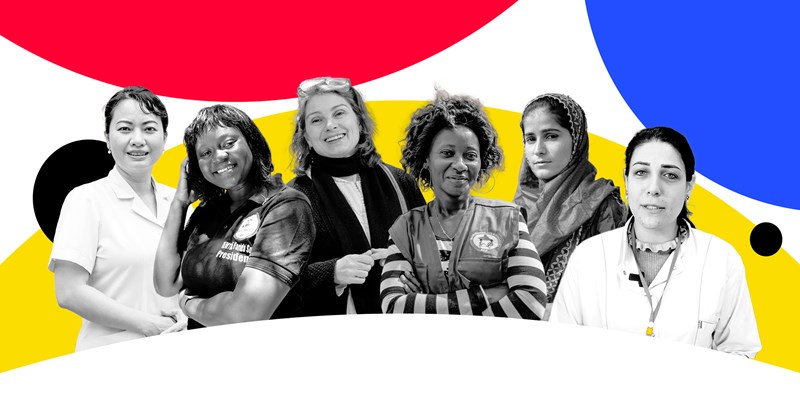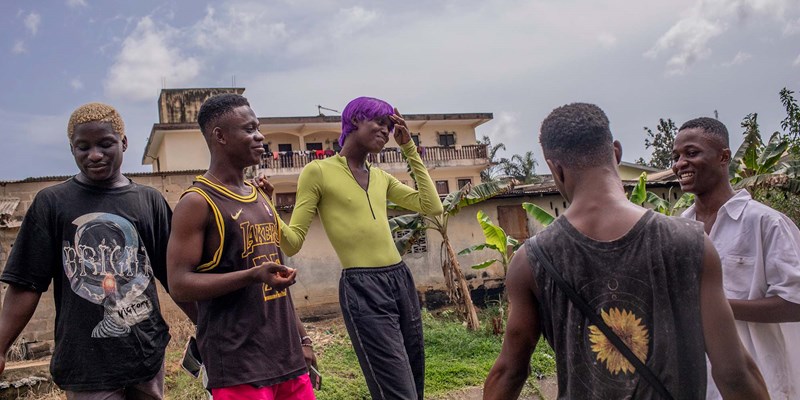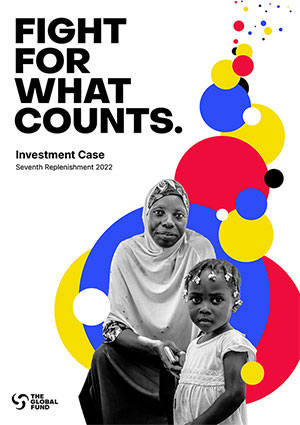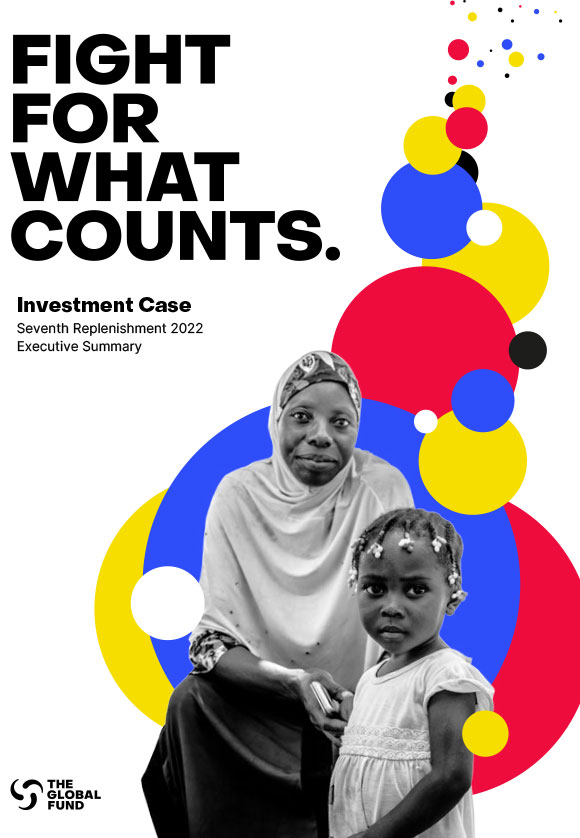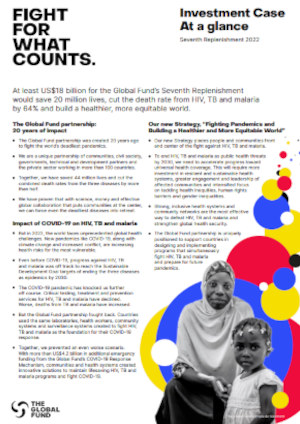Comic Relief Raises Funds for Global Fund
21 March 2014
GENEVA — UK charity Comic Relief announced today that it had raised £2 million to support the work of the Global Fund to Fight AIDS, Tuberculosis and Malaria. The money will be matched by the Bill and Melinda Gates Foundation, bringing the total contribution to £4 million. The contribution will support malaria programs for purchase of mosquito nets and antimalarial drugs and in strengthening of health systems in selected countries.
Announcing the contribution during the organization’s Sport Relief event in London, Comic Relief CEO, Kevin Cahill, said his organization was proud to provide people with an opportunity to help save lives by fighting malaria in partnership with the Global Fund.
“Through Sport Relief, we give people a chance to get active and go the extra mile to raise money for some of the poorest and most vulnerable people in the world,” said Cahill.
Sport Relief, an event organized in association with the BBC, brings together the worlds of sport and entertainment to raise money to help vulnerable people in the UK and the world's poorest countries.
Comic Relief has been a steadfast supporter of the Global Fund’s malaria programs. Between 2009 and 2010, the organization donated another £2 million, which paid for insecticide-treated nets to protect a million people against malaria in Zambia.
“We are proud to have played our part in advancing the fight against malaria through the Global Fund. We can only win against diseases if we coordinate our actions. In the Global Fund, we have a great partner in the fight against this disease,” said Cahill.
Mark Dybul, the Executive Director of the Global Fund, thanked Comic Relief for its unwavering support and creative approach in its response towards malaria.
“At the core of the Global Fund is the realization that we all must work together if we are to defeat these diseases,” Dr. Dybul said. “Comic Relief’s contribution and the matching input by the Gates Foundation demonstrate the coming together of partners around a common purpose. It brings us one step closer to controlling malaria.”
